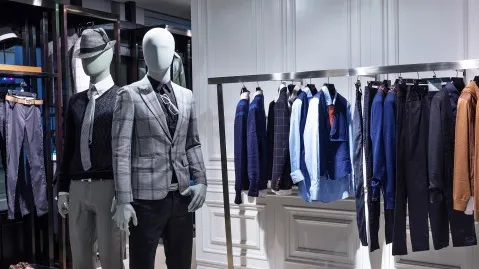
Youth consumers drive APAC’s luxury retail market: report
Brands are adopting strategies to connect deeper with younger luxury consumers.
The rising popularity of aspirational luxury products, growing internet penetration amongst younger generations, and the active engagement of brands on social media have helped facilitate the growth of the Asia-Pacific luxury sales, according to a report from GlobalData.
With strong growth in the region, brands are now seeking a deeper level of connection with luxury consumers and are adopting strategies to engage with local consumers, particularly the younger population, the report noted.
GlobalData found that Asia Pacific’s luxury retail market sales fell by 14.6% in 2020 – a loss of $16.1b – as COVID-19 induced economic uncertainty made the consumers wary of making high-value purchases which particularly had the worst impact on the brands operating in luxury.
However, the market bounced back and experienced a growth of 29.7% in 2021 to reach $122.0bn, 10.8% above 2019 as vaccination drives opened up retail access besides consumer confidence in the region.
Koyel Ray, GlobalData’s retail analyst, also noted that consumers who were earlier shopping luxury items from Europe shifted their purchases to brands that were available in the region due to pandemic restrictions, which boosted luxury sales in the region last year.
“Brands are hiring regional celebrities to market their products and adopting strategies such as Livestream commerce events which are in vogue in the region,” Ray added.
Globaldata also noted that some brands have been opting to create their own resale platforms as well, which is expected to help the brand provide a better customer experience and maximize gains from the ongoing trend of the younger generation looking to buy products that are more accessible.
Moreover, luxury retailers in the region are now leveraging non-fungible tokens (NFTs) as a lucrative source of secondary revenue, and are targeting the young, affluent consumers who are likely to invest in digital tokens, selling digital tokens of their products, Rey noted.
“Brands are reducing their dependence on traditional sources of revenue as the young and affluent luxury consumer is looking towards the metaverse as their second life, making it an important place for trade of luxury goods,” Rey said.



















 Advertise
Advertise


